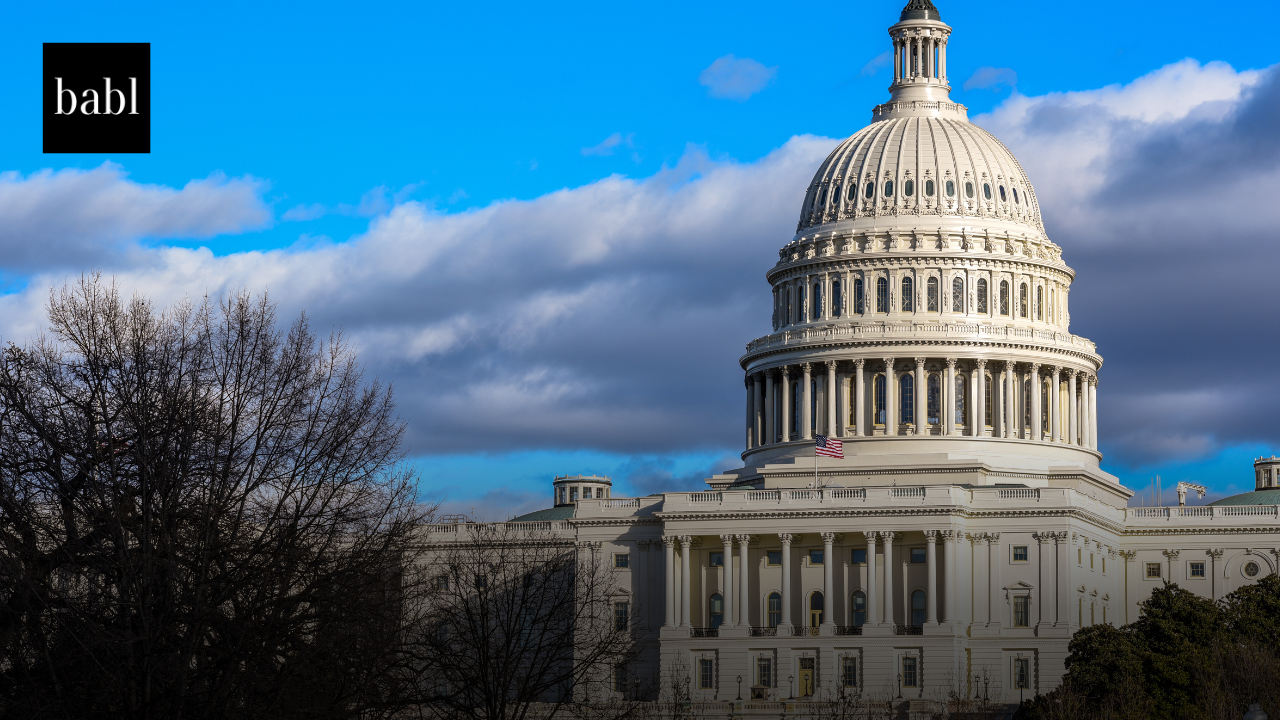UPDATE – FEBRUARY 2026:
Representatives Joe Morelle (D-NY) and Tom Kean, Jr. (R-NJ) reintroduced the Preventing Deepfakes of Intimate Images Act in March 2023. This bipartisan bill would make it a federal crime to share nonconsensual deepfake nudes and offers civil remedies for victims. No action has been taken since it was referred to committee.
ORIGINAL NEWS STORY:
U.S. Lawmakers Renew Push for Deepfake Legislation
>U.S. lawmakers, led by Representative Joseph Morelle of New York, have reintroduced the Preventing Deepfakes of Intimate Images Act, seeking to make sharing fake nude images a federal crime. The legislation, originally authored in May 2023, proposes amendments to the Violence Against Women Act Reauthorization Act of 2022, focusing on protections against nonconsensual disclosure of digitally manipulated intimate images, commonly known as deepfakes.
Civil Lawsuits and Compensation
The bill gives victims the right to sue those responsible for sharing deepfakes. It allows victims to claim:
- Profits earned by the defendant
- Actual damages, including emotional distress
- Liquidated damages of up to $150,000
- Punitive damages and attorney’s fees
Courts can also grant injunctive relief. This means they can order the removal of content or block further distribution. The bill makes exceptions for disclosures to law enforcement, during legal proceedings, for public interest reporting, or when intended to help the victim.
Balancing Victim Rights and Platform Protection
To protect online platforms, the bill includes a safe harbor. It shields services that make voluntary, good-faith efforts to restrict harmful deepfakes from liability.
In a press release, Rep. Morelle emphasized the urgent need to criminalize deepfake pornography. He called it a form of sexual exploitation and abuse. Morelle also praised young women, like Francesca, who have stepped forward to demand legal action and reform.
Need Help?
If your organization is unsure how new AI regulations may affect your operations, BABL AI can help. Their audit experts offer independent guidance on legal risk, compliance, and responsible AI practices.





